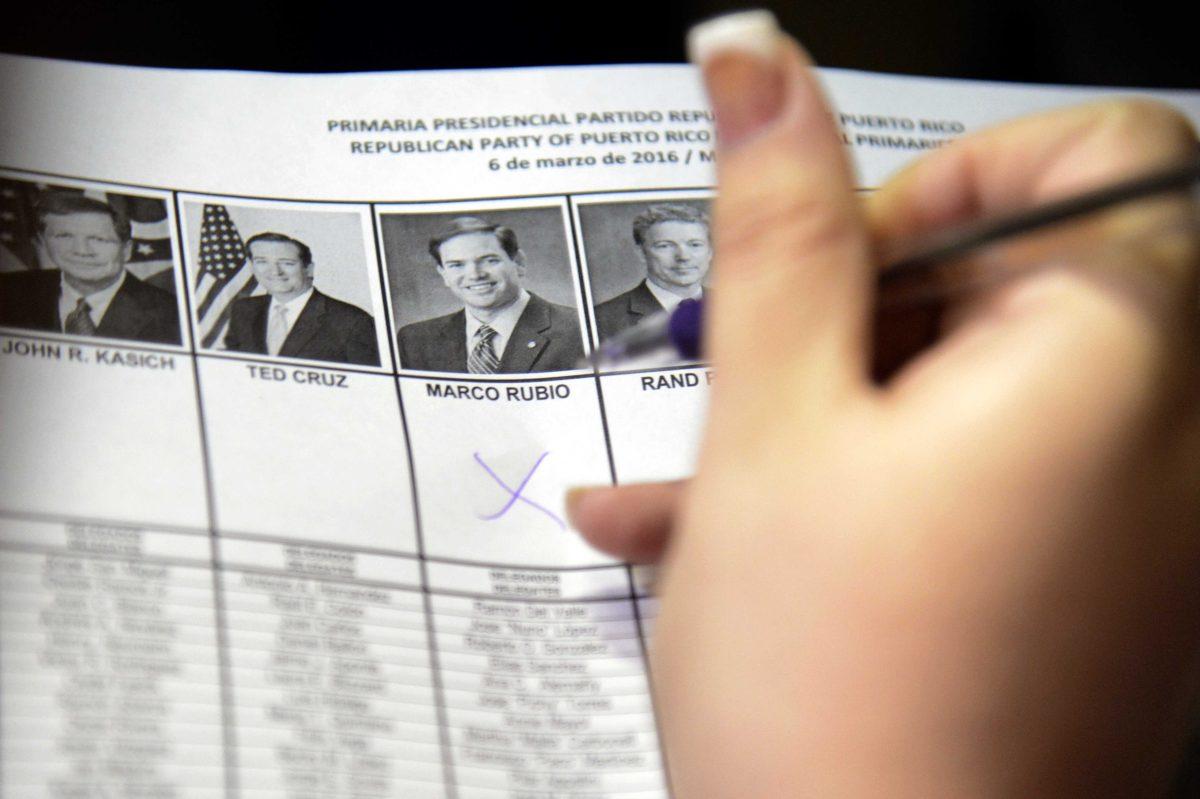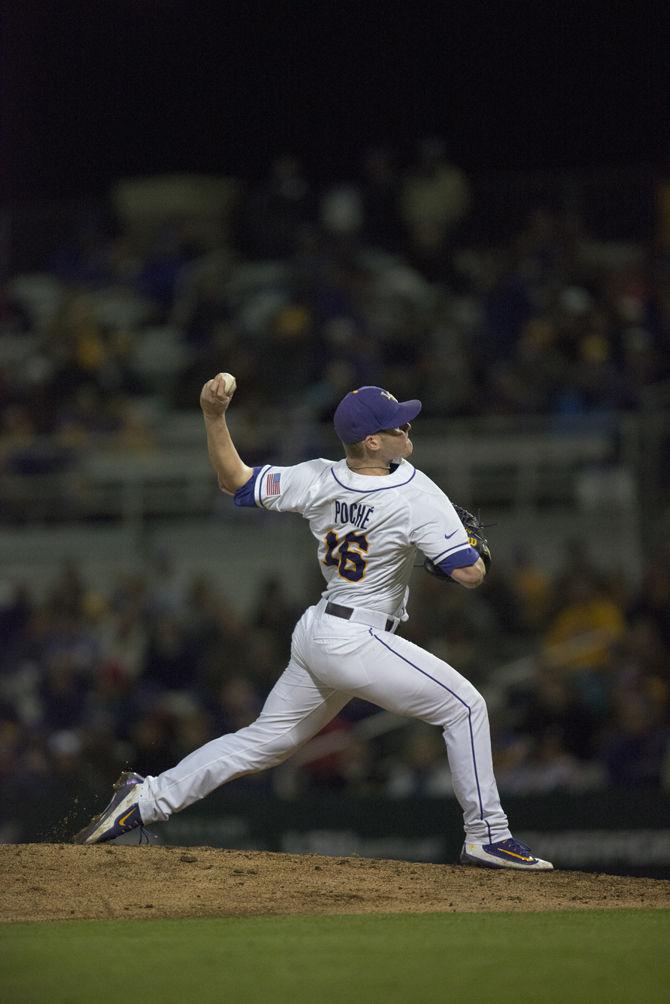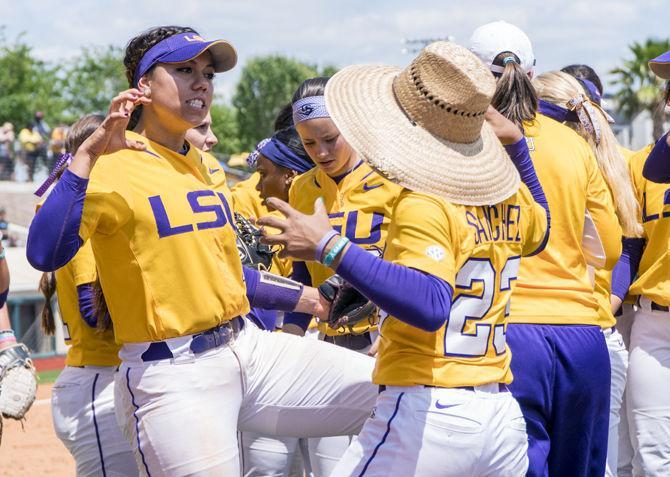Tax plans. Wall Street. Minimum wage. Jobs moving overseas.
If you haven’t heard these soundbites, you haven’t been paying attention to the 2016 presidential election.
All the candidates, from democratic-socialist Sen. Bernie Sanders, D-Vermont, to the arguably fascist Donald Trump, are talking about the economy. Sure, they’ve mentioned health care and social issues, but lingering fears of the 2008 Great Recession still haunt many voters, making the economy consistently their No. 1 concern.
Even though we’re eight years removed from the largest economic downturn since the 1930s, we’re still navigating a post-financial crisis world. Our next president will determine the fate of America’s economy.
For this reason, I believe the most important issue of 2016 is financial regulation. In particular, the Dodd–Frank Wall Street Reform and Consumer Protection Act, the law Congress passed in 2010 to regulate Wall Street as a response to the financial crisis.
Before we get too deep into how this impacts the 2016 election, let’s see how we got here and go back to the Great Depression. A lack of financial oversight aided the economic crash, so Congress increased banking regulations as a response. FDR signed the Banking Act of 1933, more commonly known as Glass-Steagall into law.
Glass-Steagall separated commercial and retail banking from investment banks. Commercial and retail banks are the types of banks you and I are most familiar with. We use those for our checking and savings, and we get loans and mortgages from them.
For investment banks, think Wall Street and stock markets. You don’t deposit money into these banks. You invest in stocks and bonds and hope for a profit.
Glass-Steagall also created the Federal Deposit Insurance Corporation, which protects your cash deposits. To achieve this, the government required commercial banks to only invest in low-risk investments — like government bonds.
Glass-Steagall reduced risky banking for more than 60 years. Then-Pres. Bill Clinton repealed parts of Glass-Steagall in 1999, allowing banks to perform commercial banking, investment banking and insurance activities simultaneously. In other words, banks made risky investments with your money instead of theirs.
Many, including Pres. Barack Obama and Nobel Prize-winning economist Joseph Stiglitz, believe repealing Glass-Steagall caused the 2008 recession. Critics argue repealing sections of Glass-Steagall allowed banks to become the “too big to fail” institutions we saw in 2008.
Others, like Bill Clinton, defend repealing the act, and he said getting rid of some of the law actually softened the blow.
This brings us back to Dodd-Frank. After the 2008 crisis, people wanted stricter regulations so Wall Street wouldn’t crash the economy. Dodd-Frank sought to be what Glass-Steagall was to the Great Depression.
The most important provision of Dodd-Frank was the Volcker Rule, which reinstated the separation of commercial and investment banking. Since its inception, many criticized the Volcker Rule, calling it unnecessary regulation.
However, people on the other side say the Volcker Rule has too many loopholes and gray areas. Sen. Elizabeth Warren, D-Massachusetts, and Sen. John McCain, R-Arizona, responded by proposing the 21st Century Glass-Steagall Act of 2015.
Hopefully, you now see that financial regulation laws may be the difference between a stable economy and another recession. No matter who you vote for, understanding the magnitude of Wall Street and investment banks is important. It’ll affect our country for decades to come.
Jay Cranford is a 21-year-old finance senior from St. Simons Island, Georgia.
OPINION: Students should pay attention to financial regulations in election cycle
By Jay Cranford
@hjcranford
March 6, 2016
Carlos Giusti
A woman marks her vote for Florida’s Senator Marco Rubio during Puerto Rico’s Republican primary in San Juan, Puerto Rico, Sunday March 6, 2016 . Puerto Rico residents cannot participate in general presidential elections but can do so in primaries. Puerto Rico sends 20 delegates to the Republican convention.(AP Photo/Carlos Giusti)
More to Discover














